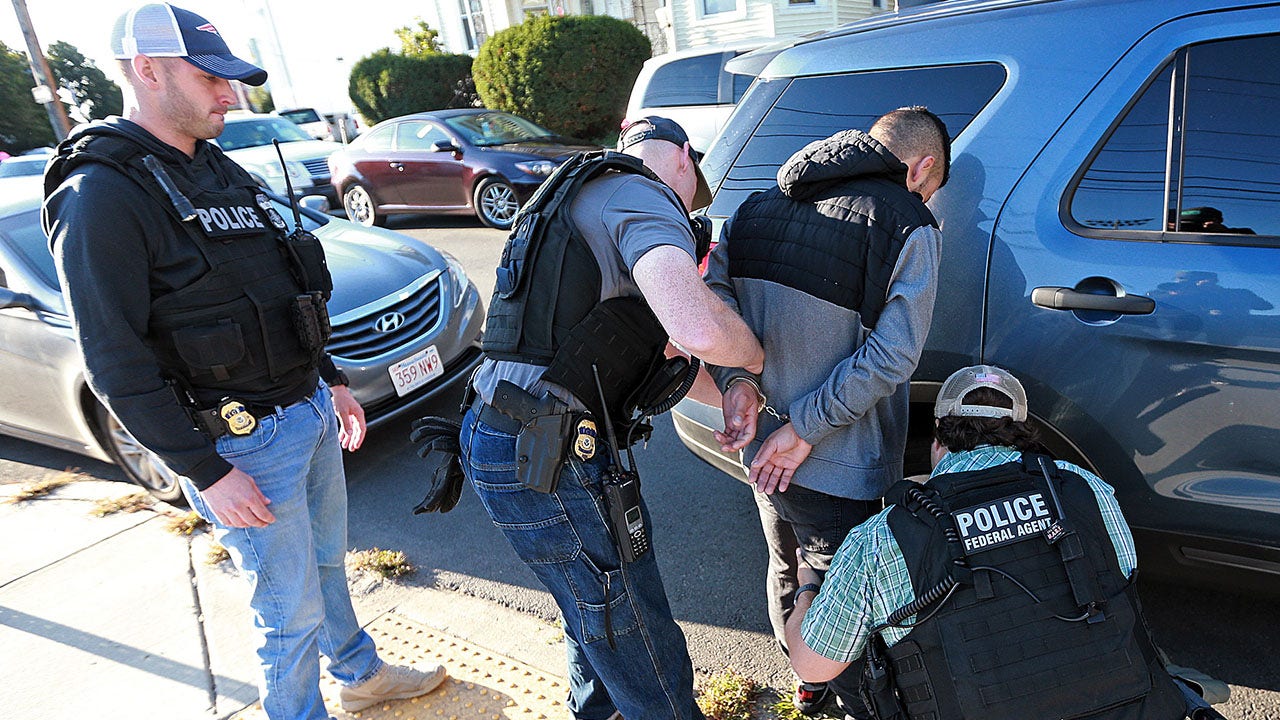California county votes to ramp up sanctuary policies ahead of Trump deportation push: ‘Radical policy’

San Diego County recently made headlines with a controversial decision to further block county cooperation with federal immigration authorities. This move comes ahead of an expected deportation push by the incoming Trump administration next year, and has sparked both support and criticism within the community.
The resolution, approved in a 3-1 vote by San Diego County’s board of supervisors, goes beyond California’s existing ‘sanctuary’ law, which generally limits law enforcement’s cooperation with ICE. It states that the county will not provide assistance or cooperation to ICE in various ways, including giving agents access to individuals, using county facilities for investigative purposes, or expending county resources on ICE inquiries.
When ICE identifies a suspected illegal immigrant in local or state custody, they typically lodge a detainer with law enforcement to be notified before the individual’s release. This practice has been contentious, with proponents arguing that it helps detain illegal immigrants without the need for community raids, while opponents claim it undermines trust between law enforcement and immigrant communities.
The resolution aims to protect undocumented individuals and their families, highlighting concerns about family separations and community trust. It asserts that cooperation with immigration authorities can deter witnesses and victims from seeking help, ultimately jeopardizing public safety in San Diego.
This decision comes amidst President-elect Trump’s promise to launch a mass deportation operation once in office, targeting millions of illegal immigrants. San Diego County Board of Supervisors Chair Nora Vargas emphasized that California’s current sanctuary laws do not go far enough in protecting all residents, calling for stricter measures to safeguard the community.
The resolution mirrors a similar policy enacted in 2019 by Santa Clara County, signaling a broader trend in local governments taking a stand against federal immigration enforcement. However, not all officials are on board with this approach. Supervisor Jim Desmond, the sole dissenting vote on the resolution, criticized the decision as a betrayal of the community’s safety.
Desmond, a Republican, expressed concerns about the potential consequences of shielding illegal immigrant criminals from deportation. He vowed to challenge the policy and work with the incoming Trump administration to ensure that violent offenders are not able to evade justice.
As the debate over immigration enforcement continues to unfold, the impact of these local decisions on national policy remains to be seen. The clash between federal and local priorities underscores the complexity of addressing immigration issues in a diverse and divided society.




